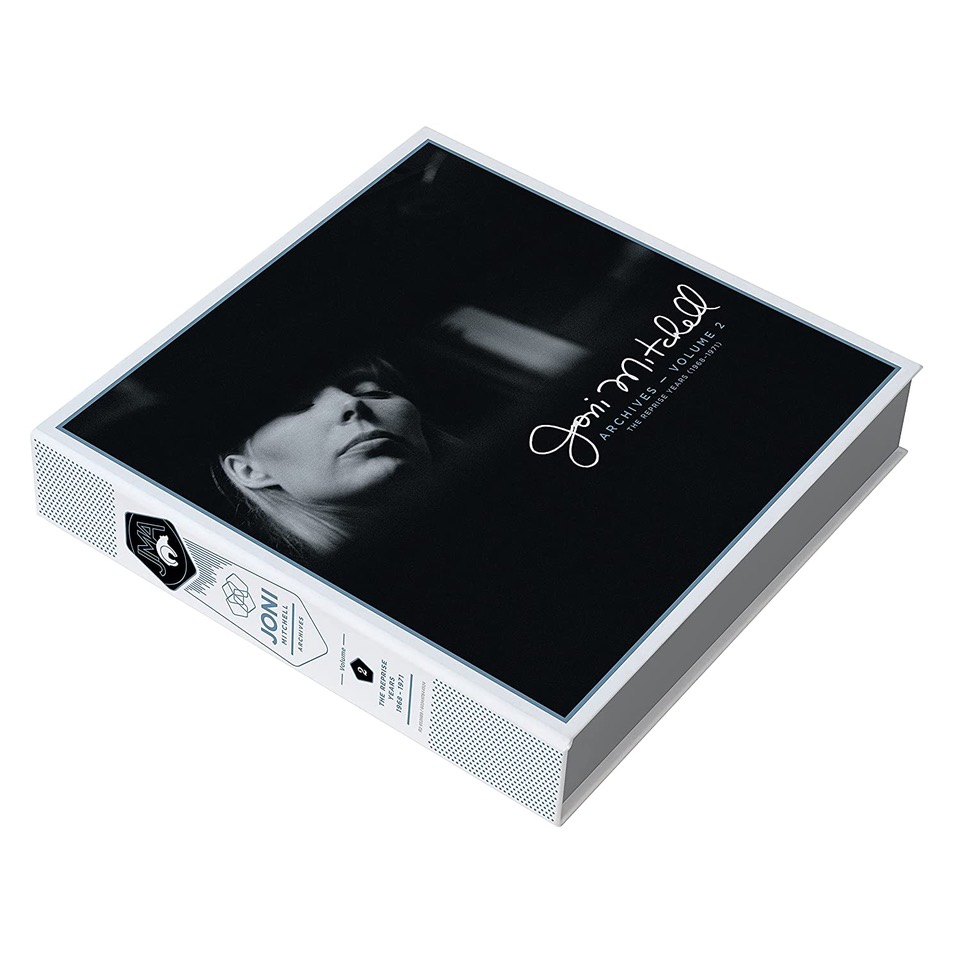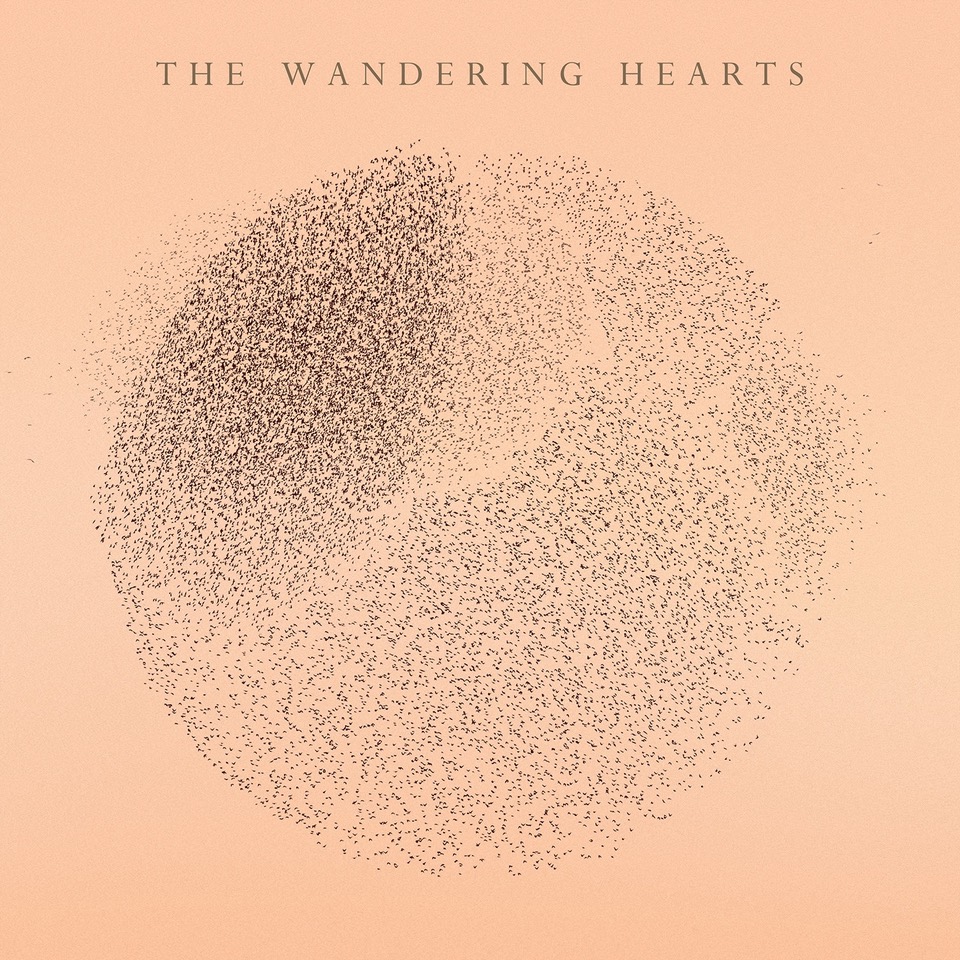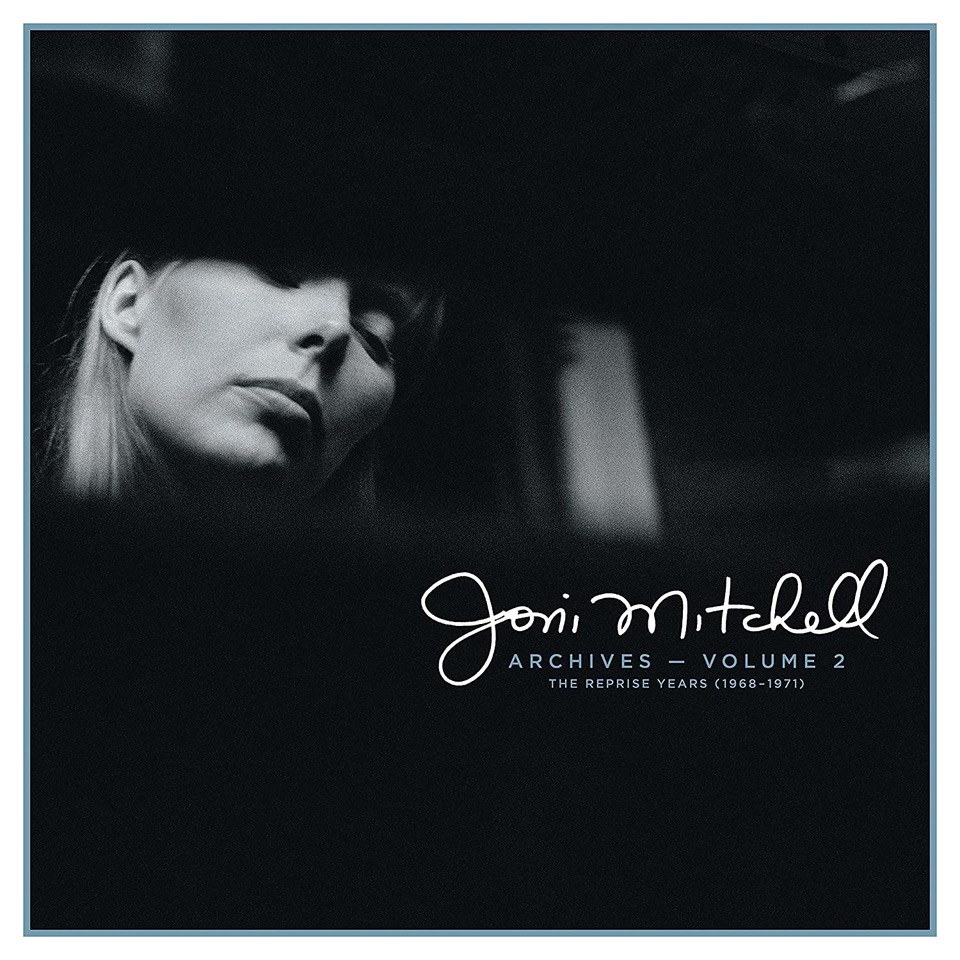Once in a blue moon, a music artist or group evidences a growth spurt that’s so quick and impressive it can only be called astonishing. One example is the Beatles, who traveled the distance from “I Want to Hold Your Hand” to “Strawberry Fields Forever” and “Penny Lane” in a mere four years. Another is Bob Dylan, who went from covering traditional blues numbers in 1962 to stunningly original creations like “Desolation Row” just three years later.
Joni Mitchell’s development during this same period seemed nearly as rapid. From 1963 to 1965, the years when she recorded the oldest tracks on last year’s Archives, Vol. 1: The Early Years (1963–1967), she mostly covered old folk songs, such as the traditional “House of the Rising Sun” and “John Hardy” as well as Woody Guthrie’s “Pastures of Plenty” and “Deportee (Plane Crash at Los Gatos).” But by the middle of the decade, she was already debuting original material like “Urge for Going,” “The Circle Game,” and “Both Sides, Now” – numbers that made clear she had a whole lot more to offer than well-sung interpretations.

You can hear her artistic growth continuing at a fast pace on Archives, Vol. 2: The Reprise Years (1968–1971). Like last year’s box, this is a five-CD set comprised entirely of chronologically arranged, previously unreleased material. (The title notwithstanding, a handful of the numbers may have been recorded as early as the fall of 1967, prior to the release of her first album, and the liner notes list nothing as being created after 1970, though one track was broadcast in 1971 and a press release suggests that the last three songs may have come from that year.) While Archives, Vol. 1 contains many covers, this 122-track set, which showcases one of Mitchell’s most creative periods, includes only three. A well-illustrated 40-page booklet features a conversation with Cameron Crowe (who also spoke with the singer/songwriter for a Q&A featured in the previous box) in which she cites the Shirelles’ “Will You Still Love Me Tomorrow?” as an early influence.
Disc One consists mostly of demos, home recordings, and outtakes from sessions for Mitchell’s 1968 debut album, Song to a Seagull. A few of these tunes, such as “The Dawntreader” and “I Had a King,” made it onto the released LP, but others didn’t show up until later. Among them: the acapella “The Fiddle and the Drum,” which is about as close as Mitchell ever got to political lyrics, and “Both Sides, Now.” Still others make their first appearance here – for example, “Jesus” and a song called “Midnight Cowboy,” which was intended for but ultimately not used in the film by that name. Also on this first disc: a couple of songs recorded live in March 1968 in Ann Arbor, Michigan.
The box devotes the lion’s share of Disc Two to a concert that same month in Ottawa that Jimi Hendrix – who turns out to have been a fan – recorded. This excellent and wide-ranging performance, which includes spoken intros to most of the songs, features material from Mitchell’s first album, such as “Michael from Mountains,” “Marcie,” and “Night in the City,” as well as a taste of compositions that still hadn’t been released on disc, including Clouds’ “I Don’t Know Where I Stand” and the title track from 1970’s Ladies of the Canyon. The CD closes with a few studio efforts and four songs recorded live in September 1968 on BBC radio in London.
If you want to hear what Mitchell sounded like in concert as the sixties wrapped up, head straight for Disc Three, which consists almost entirely of her well-recorded February 1969 debut concert at New York’s Carnegie Hall. (“Almost” because the CD also fits in two tracks from a show the same month at the University of California at Berkeley.) The program includes beautifully sung versions of many of her early classics, such as “Morning Morgantown,” “The Circle Game,” and “Both Sides, Now,” as well as a cover of Chet Powers’s “Get Together,” the Youngbloods hit, which Mitchell introduces as “a song I wish I wrote.”
Disc Four adds one more number from the Carnegie Hall concert (“Urge for Going”) and offers demos and outtakes from sessions for Clouds, Ladies of the Canyon (“Woodstock”), and Blue (“A Case of You” and “California”) as well as performances from a concert in Saskatchewan, a Greenpeace benefit, and a BBC appearance. Also here: a four-song 1969 set from The Dick Cavett Show that includes “Willy” (about Mitchell’s then-boyfriend Graham Nash) plus a brief, inconsequential conversation with Cavett.
The fifth and final disc embraces three tracks from the sessions for 1971’s Blue, but it is otherwise devoted to a November 1970 London concert that the BBC broadcast and that finds Mitchell drawing on her entire discography to date and previewing several numbers from Blue. James Taylor, who appears on that album, joins her onstage for five of the London tracks: “A Case of You,” “California,” “For Free,” “The Circle Game,” and Taylor’s “You Can Close Your Eyes.”
If you’re a Joni Mitchell fan, you probably bailed out of this review some paragraphs ago to go place your order for Archives, Vol. 2. If you’re a fan but still here, what are you waiting for?
Also Noteworthy

The Wandering Hearts, The Wandering Hearts. If the Mamas and Papas were debuting in 2021, they might sound a bit like the Wandering Hearts, a group that also started with a two-man, two-woman lineup. One of the male members departed prior to the making of this self-titled second album, but the group, which also sometimes recalls Fleetwood Mac and ABBA, still packs a powerful punch. Their self-titled sophomore release is loaded with terrific solo and harmony vocal work by all three members. Listening to the record, you won’t be surprised to learn that David Baron and Simone Felice, who have both worked with the Lumineers, coproduced it.
Country music stars Marty Stuart and his wife Connie Smith are fans of the trio, and they contributed a likable song called “Dreams” to the set. But the other 11 numbers – all band originals – are at least as good. Lilting, upbeat pop-rock tunes – many about matters of the heart – predominate, though there are a few melancholy folk-flavored moments, such as “Dolores,” which concerns the late Cranberries singer/songwriter Dolores O’Riordan, and the album-closing “Lullaby.”

The Accidentals, Vessel. Like the Wandering Hearts, the Michigan-based Accidentals are a one man, two-woman group with Americana, indie-rock, and pop leanings and a strong melodic sense. They started work on this fourth full-length album back in 2018. Three years, one stolen gear trailer, and one pandemic later, it is finally being released. Tucker Martine (Decemberists) and John Congleton (Lana Del Rey, St. Vincent) co-produced the record, which features beautiful solo vocals and tight harmonies and prominently employs violin, viola, and cello as well as mandolin, banjo, and acoustic and electric guitar.
The album incorporates 14 originals tunes with lyrics that talk about living in the present, finding peace, and dealing with change. Among them: the haunting “Wildfire,” the best song from the Accidentals’ recent Time Out Session 1 EP, whose lyrics ostensibly describe what happened to the band when Covid hit: “Just as all the pieces started falling into place, all our plans went up in smoke…Who knew we were drunk on borrowed time?…Who knew we were waiting on a wildfire?”
Jeff Burger’s website, byjeffburger.com, contains five decades’ worth of music reviews, interviews, and commentary. His books include Dylan on Dylan: Interviews and Encounters, Lennon on Lennon: Conversations with John Lennon, Leonard Cohen on Leonard Cohen: Interviews and Encounters, and Springsteen on Springsteen: Interviews, Speeches, and Encounters.



